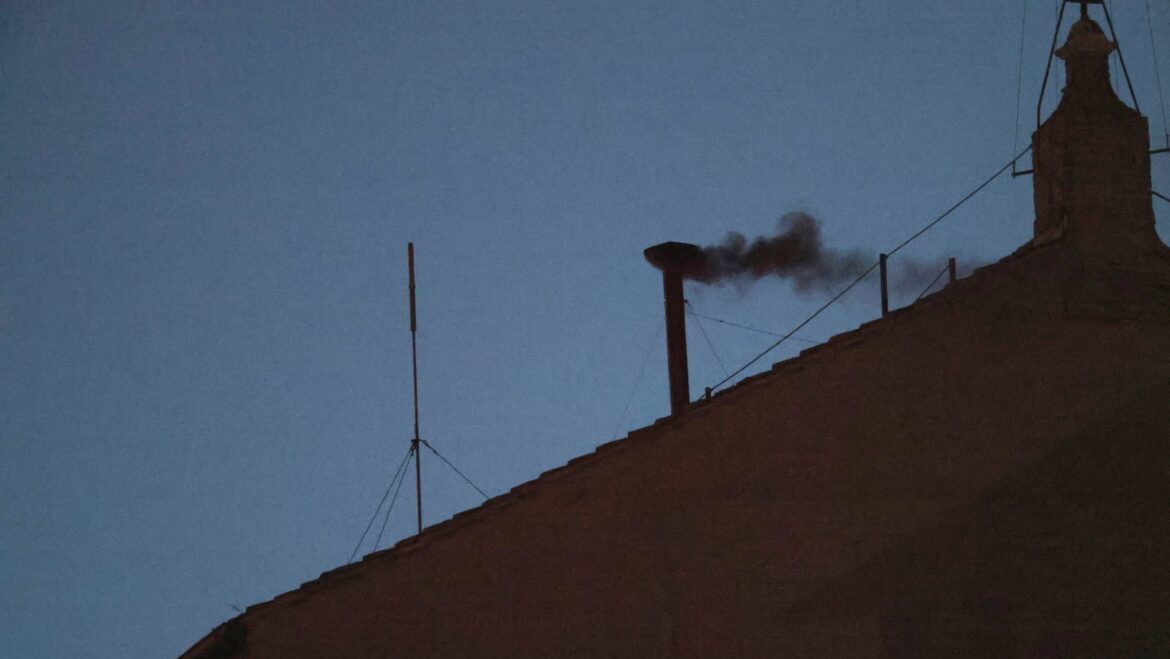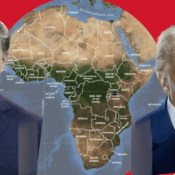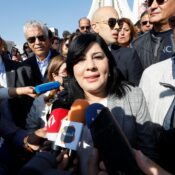
Black Smoke: On the first day of the Vatican conclave, no pope was elected
A plume of black smoke emerged from the Sistine Chapel chimney in the Vatican at approximately 9 p.m. on Wednesday, May 7, indicating that the initial vote of the papal conclave concluded without reaching a decision on the successor to Pope Francis.
The 133 cardinals had gathered in the chapel earlier in the day, singing Veni Creator Spiritus, a traditional hymn that calls upon the Holy Spirit, before casting their votes beneath Michelangelo’s Last Judgment to initiate the election of the 267th Bishop of Rome and head of the Roman Catholic Church.
Because of a delayed beginning, only one round of voting took place on Wednesday, despite the possibility of four rounds in a single day. Black smoke indicated that, during the highly secretive voting, no candidate had achieved the required two-thirds majority.
On Thursday, May 8, the cardinals will reconvene at the chapel at 10:30 a.m. Rome time, anticipating up to four rounds of voting, with two sessions scheduled for the morning and two for the afternoon.
Within the chapel’s sealed confines, 133 eligible cardinals commenced their initial voting to select the successor to Pope Francis.
They will stay isolated at Casa Santa Marta, the Vatican’s guesthouse, where Pope Francis resided until his passing on April 21. The cardinals are isolated from any external communication to maintain the confidentiality and integrity of the process.
While the length of a conclave can vary, recent examples suggest a quick resolution is likely. Both Pope Benedict XVI and Pope Francis were chosen on the second day of the voting process.
Papal conclaves have typically been more expedient throughout the centuries.
The longest conclave in history extended for almost three years, spanning from April 1292 to July 1294. The Cardinals found themselves in a deadlock that ultimately led to the election of Pope Celestine V.
The longest conclave in more recent history took place in 1740. The vote that led to the election of Pope Benedict XIV extended over a period of 182 days.
All Categories
Recent Posts
Tags
+13162306000
zoneyetu@yahoo.com



